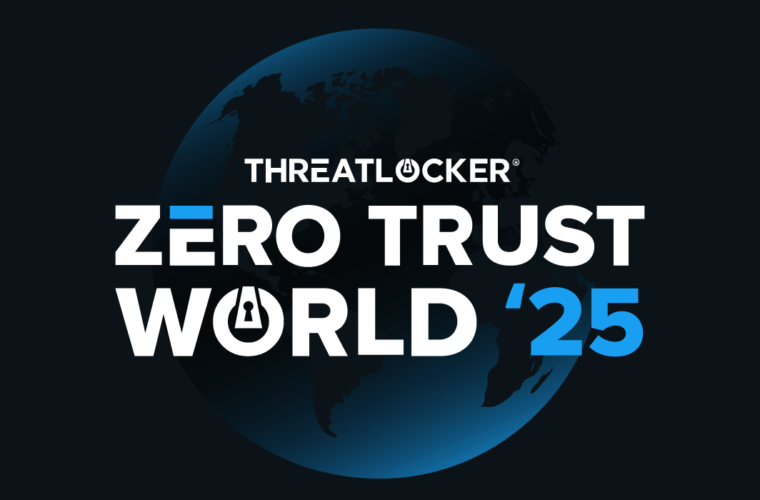Facebook hacks: Without a doubt, today, most lives are centred online, and Facebook is among the few social media platforms that serve both personal and professional lives. However, as the platform’s popularity grows, so do the associated risks. Because threat actors are always creating new vectors to attack by leveraging vulnerabilities, knowing these risks is essential if you want to keep your internet presence secure. Let’s take a look at two of the most common and now resurgent Facebook hack scenarios that have been doing rounds lately, joined with steps you could take to protect yourself.
Scenario 1: The email account breach and malicious ad campaigns
One common attack vector involves gaining access to an individual’s email account, which is often linked to their Facebook profile. Here’s how it typically unfolds: A hacker gains access to your email account, either through phishing, weak passwords, or other methods. Once they have control, they reset your Facebook password using the email account. With access to your Facebook account, the hacker doesn’t lock you out immediately. Instead, they create a fake Facebook page that mimics a well-known brand and link it to your account.
Using Meta Business Suite, the hacker runs ads under your account. These ads promote fake offers or products that lead to phishing websites. Unsuspecting users who click on these ads are prompted to enter sensitive information, such as login credentials or credit card details, which the hacker then uses for fraudulent activities. By the time you notice something is wrong, your Facebook account has been compromised, your finances may be at risk due to unauthorized ad charges, and your online reputation could be damaged as your account is used to promote scams.
Scenario 2: The giveaway scam with fake profiles
Another Facebook scam involves the use of fake profiles to impersonate well-known brands during giveaways. Scammers create a post that appears to be from a legitimate brand, announcing a giveaway. These posts are designed to attract a large number of comments and shares, increasing their visibility and engagement.
The scammers create fake profiles that closely resemble the brand’s official account. These profiles then reply to giveaway participants, congratulating them on winning the contest. The fake profile directs the “winner” to click a link to claim their prize. This link leads to a phishing site that looks like a legitimate page but is designed to steal personal information, such as credit card numbers. Victims who enter their payment information on these sites are charged for fraudulent transactions, often without realizing they’ve been scammed until it’s too late.

Protecting yourself from Facebook hacks
To protect yourself from these and other Facebook-related scams, it’s essential to take proactive security measures. First, ensure two-factor authentication (2FA) is turned on for both your email and Facebook accounts. This adds an extra layer of protection, making it harder for hackers to gain access, even if they have your password. Also, regularly check your email and Facebook account for any unusual activity. If you notice anything suspicious, such as unfamiliar logins or password reset requests, immediately change your passwords and review your security settings.
If you participate in online giveaways, verify the authenticity of the post and the profile that contacts you. Avoid clicking on links sent through messages, especially if they ask for personal information or payment details. Learn to recognize phishing tactics like fake login pages and messages from impersonated accounts. Awareness is your first line of defence against these types of attacks.
If you manage a business through Facebook, regularly audit your Meta Business Suite permissions and ensure that only trusted individuals have access. Review ad campaigns frequently to spot any unauthorized activity. By understanding the scenarios outlined above and implementing the recommended security measures, you can significantly reduce the likelihood of falling victim to these attacks. Remember, online security isn’t just about protecting your data; it’s about safeguarding your identity and reputation in an increasingly digital world.



